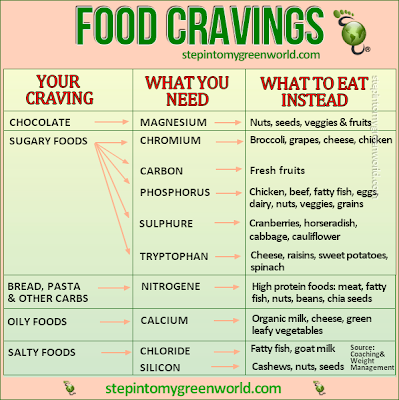"You are not what you eat but what you do not eliminate!"
This is an ultrasound image of a healthy colon.
The colon starts where the small intestine ends and extends to the anus. The bowel is the name given to the combination of the large and small intestine.
The Colon has a very delicate lining. The colon lining, if good and healthy performs the following functions.
- Protects nerve endings in the colon wall. This enables the receptor cells to perform faster and more effectively. And this further increases the reliability that the messages will be transferred correctly to and from the brain.
- It lubricates stool passage promoting stool transit.
- It also eases the movement of fluids in and out of the colon. Nutritional uptake of vitamins is optimized.
- It also promotes the growth of healthy intestinal bacteria. This bacteria further has many responsibilities, one of the most important ones being protection against infection and grooming the colon.
90% of all diseases in the body are credited to having origins in the colon!
Dr. Vanita Forsyth, a chiropractor and an authority on colon health explains what causes poor colon health:
"Let’s visualize the following scenario: You have a perfect bowel, you are on a perfect diet. Once in a while you ingest something that is harmful.
In order to protect itself, the body causes mucus to be formed in the colon before the harmful food or substance reached there."
(I wont offer any images of this, but if you want to really give yourself a reason to get your colon cleaned out, do some of your own research on colon mucus...)
"The substance reaches the colon 18 hours later. The mucus has been prepared by the body and is lining the colon so you won’t absorb the poison when it gets there, so it literally coats the poison. Then later it breaks down and will be discharged from the colon with no harmful effect. Well, you got away with it that time. Nature’s protective mechanism functioned properly. So you do it more often.
Four times today, you ingested mucus-forming foods. Most of which is also low in fiber. The mucus is secreted four times today to protect you against what you just ate and drank and smoked. So, you do this every day of your life. But every day you try to eat something raw, one apple or orange or salad, maybe this helps.
But 85% to 90% of everything you eat is going to cause mucus to be formed. The mucus lining in the bowel thickens."
"Nature’s protective mechanism, which was designed for occasional use only, is being forced to work continuously day after day, year after year, with no rest and no chance to eliminate the mucus which is being laid down faster than it can be eliminated. Layer piles upon layer, like the rings of a tree."
These are ultrasound images of how the colon can end up if not cared for properly.
Dr. Forsyth explained that this can become so severe that there is almost no opening left for the waste to pass through the colon at all.
"An autopsy of one person revealed a colon that was 9 inches in diameter that had a passage through it no larger than that of a pencil."
Another autopsy showed a stagnant colon that weighed 40 pounds. This accumulation can have the consistency of tire rubber. It’s hard and black.
More and more people are becoming aware of the importance of cleansing the colon. Many experts believe that the average person could be carrying up to 20 lbs. of accumulated waste matter in their colon.
Colon and bowel cleansers can be really harsh and harmful to the body however. When looking at taking the path of pursuing colon health, please seek out some good advise and be gentle and kind to your body.
Healthy bowel movements daily are essential to support colon and rectal health.
Good colon health is achieved through all of your daily choices says Dr Ken Kim. In his article, How to Promote Healthy Bowle Moevements, he offers some great advise on avoiding constipation and achieving overall health.
I hope this article was useful to you and I wish us all a healthy bowel xx
SOURCES:
http://www.enrichinglives.com/colon.htm
http://www.innovativebodysolutions.com.au/specialised.html
http://colonhealth.aussieblogs.com.au/
https://www.boundless.com/biology/digestive-systems/the-components-of-the-mammalian-digestive-system/water-absorption-in-the-large-intestine/
http://www.liverawkitchen.com/the-bowel.php
http://www.123rf.com/photo_4683108_highlighted-colon.html


































